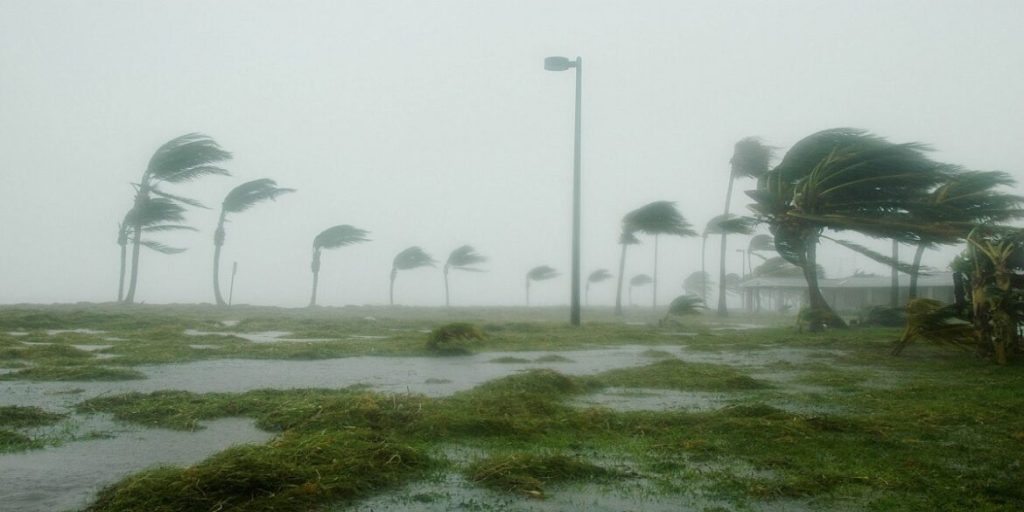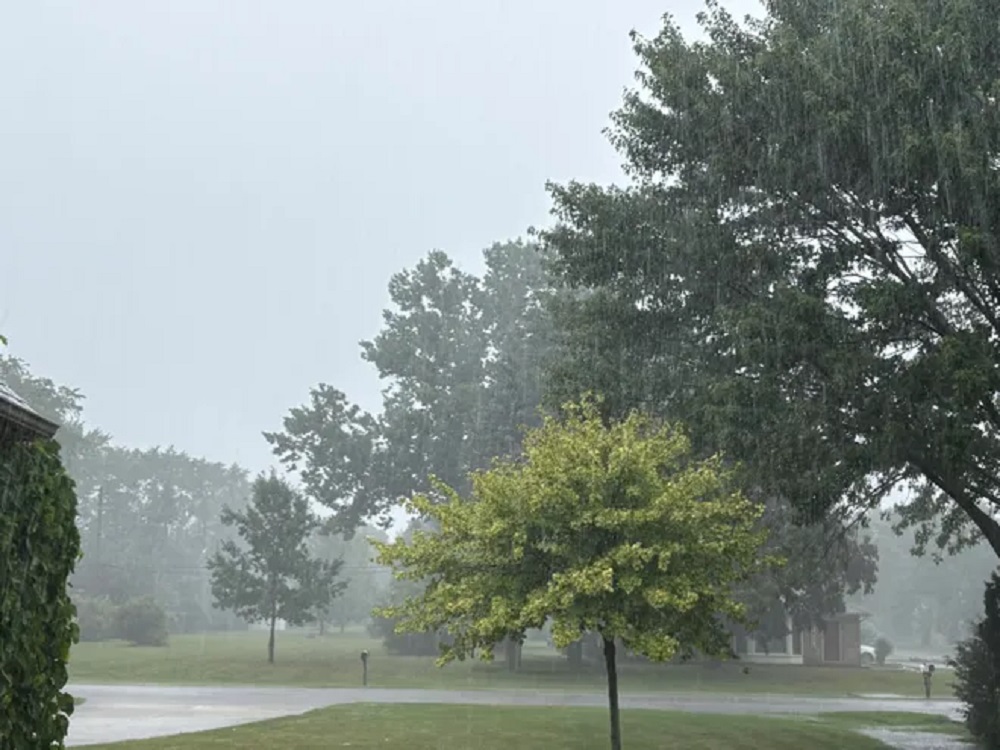Polar Vortex Set to Freeze the U.S. Early: Arctic Air Mass to Hit 20 States Starting November 10
A powerful Arctic blast moving from Greenland and Canada will plunge temperatures across the U.S. by up to 20°F below seasonal averages, bringing snow, icy winds, and early winter chaos.

The latest weather forecasts warn that an unusually strong polar vortex is descending from Greenland and Canada, bringing an early blast of Arctic air to much of the United States. Beginning November 10, over 20 states will experience temperatures far below normal — a winter shock well ahead of schedule.
According to a report in USA Today, this cold air mass will push temperatures 10 to 20 degrees below seasonal averages, making early November feel more like mid-January across many regions.
The Core of the Freeze: Who Will Be Most Affected?
Meteorologists say that the Midwest and Great Lakes will bear the brunt of the cold. States including Minnesota, Michigan, Illinois, Indiana, and Ohio are expected to experience harsh winds, freezing rain, and even snowstorms over the weekend leading up to the Arctic outbreak.
The Northeast, including New York, Pennsylvania, and New England, could see early-season snowfall, especially in mountainous regions such as the Catskills and Adirondacks. Forecasters predict snow accumulations between 10 and 15 November, signaling the earliest widespread snow event of the season.
Even parts of the South and Southeast, including Arkansas, Tennessee, and northern Florida, will not be spared. Highs could plunge to the 30s and 40s°F, with Floridians feeling a sharp, unfamiliar chill.

Why This Polar Vortex Is Different
The polar vortex is a large area of low pressure and cold air that circulates around the Arctic region. Normally, this air stays near the poles. However, shifts in atmospheric pressure and jet stream patterns can cause parts of it to break off and surge southward into the U.S.
While such events are common in January or February, this early November intrusion is rare. Meteorologists are calling it a “premature winter invasion”, likely influenced by changing climate circulation patterns.
Travel and Daily Life Disruptions
The approaching freeze could lead to flight delays, icy roads, and transportation challenges across much of the country. Airlines have already begun warning travelers about potential disruptions through the Thanksgiving season if cold weather patterns persist.
Experts also warn that energy demand will spike sharply, raising heating costs in areas already struggling with inflation. Families are advised to prepare emergency kits, check home insulation, and protect pipes from freezing.

What to Expect in the Coming Weeks
Forecast models suggest that this polar outbreak may be only the beginning. Long-range projections indicate the possibility of a persistently cold and snowy winter stretching through December — particularly for the northern half of the United States.
While it’s too early to confirm a full-blown “polar winter,” the signs point toward a season dominated by Arctic air, snow, and wind chills — potentially one of the coldest starts to winter in recent memory.



